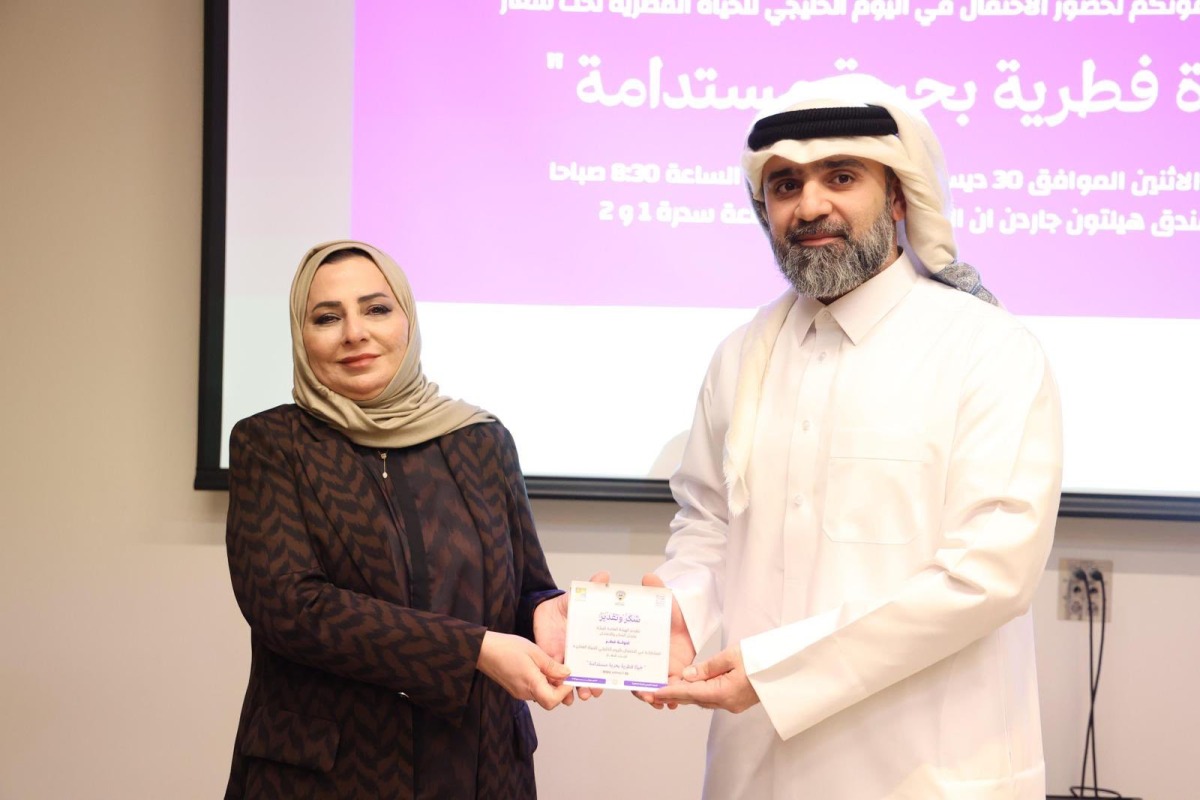The Ministry of Environment and Climate Change (MoECC) in Kuwait recently participated in the Gulf Wildlife Day event in Kuwait, focusing on the theme of “Sustainable Marine Wildlife”. This annual event, which took place on December 30, provided an opportunity for MoECC to showcase Qatar’s efforts in conserving marine environments and natural habitats. By highlighting the enactment of laws, establishment of natural reserves, and emphasizing regional and international cooperation, MoECC demonstrated its dedication to preserving marine life.
One of the key projects highlighted by MoECC was the national project for the protection of the hawksbill sea turtle, which has been ongoing since 2003. Other important conservation and monitoring projects mentioned included efforts to protect dugongs, whale sharks, whales, and seabirds. In addition to these projects, MoECC also organized beach and seabed clean-up campaigns and conducted workshops to raise awareness about the importance of preserving marine biodiversity, including mangrove forests and coral reefs.
MoECC’s participation in the Gulf Wildlife Day event underscored the ministry’s unwavering commitment to protecting the marine environment and ensuring its sustainability for future generations. With a national vision that aims to achieve a balance between development and environmental conservation, MoECC is focused on fostering a harmonious relationship between human activities and the natural world. Through its various initiatives and projects, MoECC is working towards creating a more environmentally conscious society in Kuwait.
By participating in events like Gulf Wildlife Day, MoECC is able to showcase its efforts in environmental conservation and wildlife protection on a regional and international scale. The ministry’s emphasis on cooperation and collaboration with other countries in the Gulf region highlights the importance of working together to address common environmental challenges. Through sharing best practices and exchanging knowledge, MoECC is able to strengthen its strategies for marine conservation and sustainability.
As part of its ongoing efforts to protect marine life, MoECC is dedicated to monitoring and researching various species in order to better understand their needs and behaviors. By establishing projects that focus on specific marine animals, such as sea turtles and dugongs, MoECC is able to implement targeted conservation measures that will help preserve these species for future generations. Through continuous monitoring and evaluation, MoECC is able to adapt its strategies and initiatives to ensure maximum effectiveness in protecting marine wildlife.
In conclusion, MoECC’s participation in the Gulf Wildlife Day event in Kuwait highlights the ministry’s commitment to environmental conservation and wildlife protection. Through its various projects and initiatives, MoECC is working towards achieving a balance between development and conservation, with a focus on preserving marine biodiversity and natural habitats. By collaborating with other countries in the region and emphasizing the importance of cooperation, MoECC is able to amplify its efforts and make a positive impact on the marine environment in Kuwait and beyond.


























